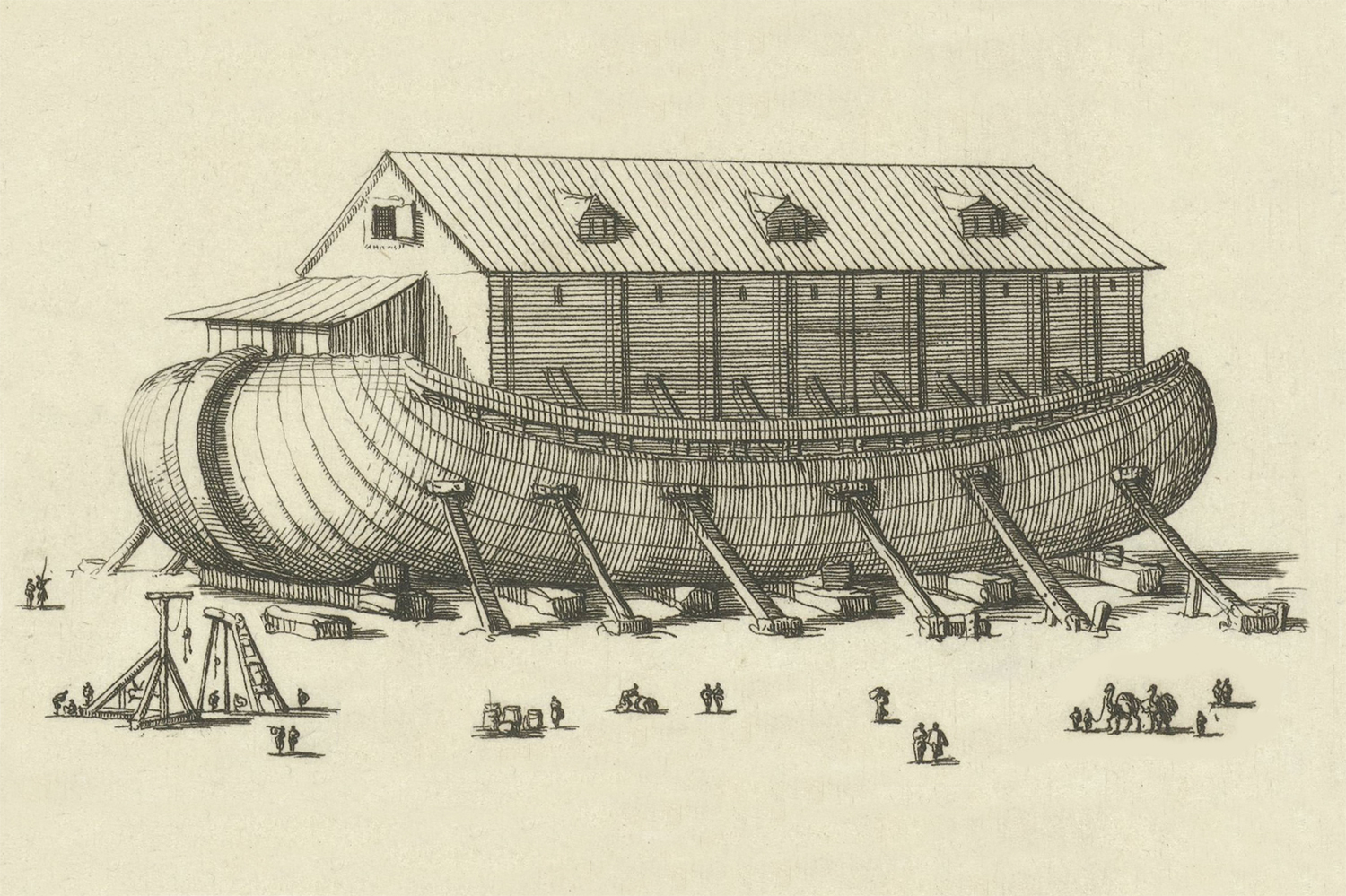
Ship of Fools was first launched in 1977 as a studenty print magazine, but sank in 1983 after ten issues. It was raised again on April Fool’s Day 1998 as a website, and quickly grew into an online community as well as a webzine.
See the story of Ship of Fools told in a picture timeline here.
‘We’re here for people who prefer their religion disorganized,’ says the Ship’s editor and designer, Simon Jenkins. ‘Our aim is to help Christians be self-critical and honest about the failings of Christianity, as we believe honesty can only strengthen faith.’
Regular features include the Mystery Worshipper, the Caption Competition, and Gadgets for God. Ship of Fools has also run a number of projects, including The Ark, an online gameshow, and Church of Fools, an early experiment in online 3D church. The Laugh Judgment, our investigation into funny and offensive religious jokes, prompted journalist Julie Burchill to say of us: ‘If one must choose a modern symbol of what is so good about Britain, I would choose Ship of Fools.’
Alongside these is a thriving online community, including the famed Heaven, Hell and Purgatory bulletin boards, where shipmates debate everything from ‘Religion and Buffy the Vampire Slayer’ and ‘The status of Mormonism’ to ‘Hitchcock and Catholic Guilt’. Over 13,500 people joined the boards in its first ten years online.
Ship of Fools’ co-editor is Stephen Goddard, who met Simon Jenkins at theological college in London in the late 70s. ‘As committed Christians ourselves, we can’t help laughing at the crazy things that go wrong with the church, and we’re also drawn to those questions which take us beyond easy believing. In the end, we want to make sense of the Christian faith in today’s complex world.’
Fully independent, Ship of Fools currently attracts more than 150,000 unique visitors a month accessing more than 2.5 million pages. Iconoclastic and debunking but also committed to the ultimate value of faith, Ship of Fools attracts readers more interested in searching questions than simplistic answers.
In place of a mission statement, see here.